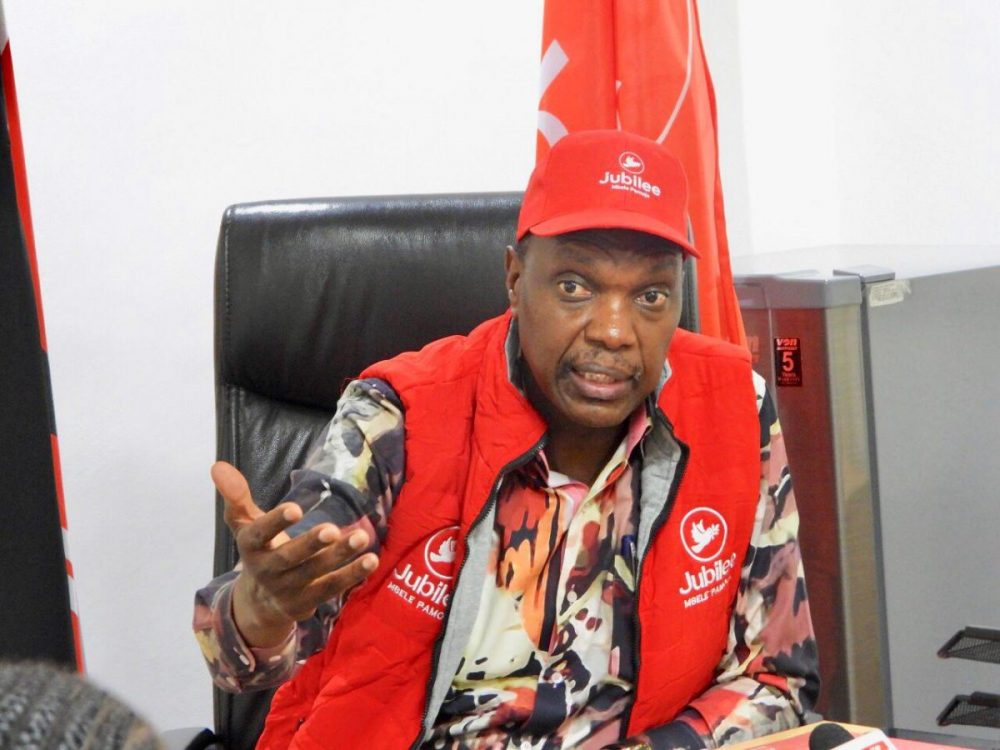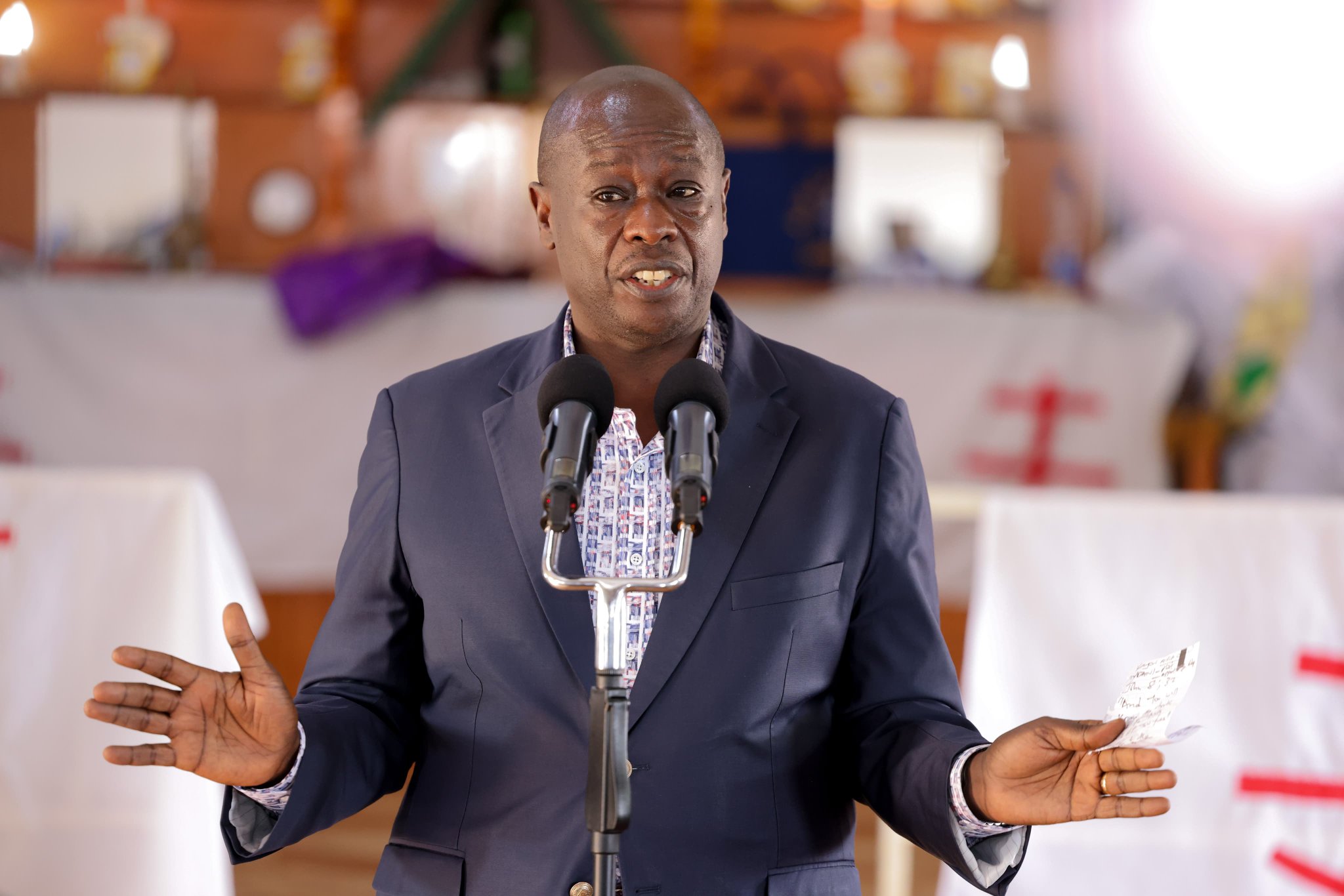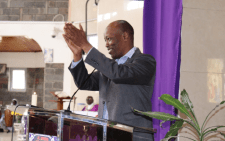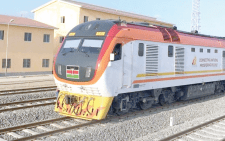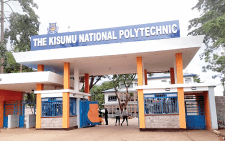Engineers demand transparency in Adani-JKIA deal
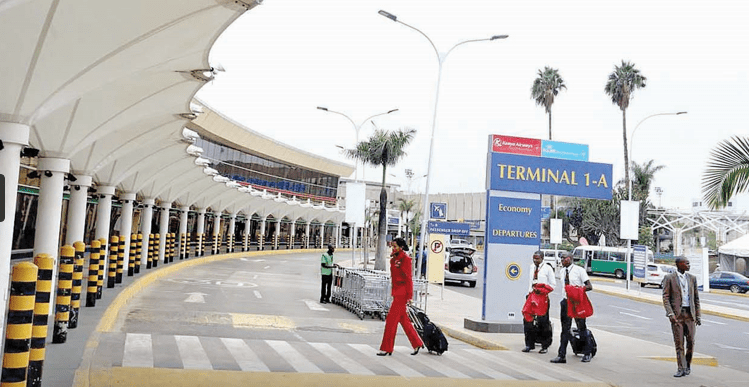
Institution of Engineers of Kenya (IEK) has called for a thorough evaluation of the government’s deal with Adani Airport Holdings regarding the modernisation of Jomo Kenyatta International Airport (JKIA), emphasising the need for transparency and stakeholder involvement in the process.
The institution is among the latest voices from experts to condemn the proposed 30-year lease and management deal between the Kenyan government and India’s Adani Group for JKIA.
The backlash against the deal stems from multiple issues, including the lack of transparency in the negotiations, which were conducted in secret without public input, leading to widespread distrust and suspicion. Critics have also argued that the unfavourable terms grant Adani exclusive rights and tax exemptions, while restricting Kenya’s ability to construct another airport.
Financial capacity
There are also significant doubts about Adani’s financial capacity to invest the $2 billion (Sh292 billion) required for modernization, especially given the group’s controversial track record in other countries.
Additionally, there are fears of job losses and a potential erosion of Kenyan sovereignty, particularly from the Kenya Aviation Workers Union. In response to these concerns, the High Court has issued a stay on the proposal, preventing any actions until a judicial review can take place. Through a press release, IEK President Shammah Kiteme raised concerns about prioritising the City Side Development (CSD), which includes constructing hotels and malls, over urgent infrastructure needs.
The CSD will begin immediately the contract is signed, and has an allocation of 30 acres for commercial infrastructure, including hotels and malls.
“While this aims to boost the airport’s commercial appeal and future growth, it has raised concerns about potentially neglecting urgent aviation infrastructure needs, such as taxiways and terminal facilities,” Kiteme said. The Terminal and Taxiway start in Phase 2, between 2029-34.
In a raft of other critique, IEK stressed the importance of involving local engineers and firms to foster skill development and ensure benefits remain within the country, while calling for a more competitive bidding process to secure favourable terms for the modernisation efforts.
Like the IEK, critics of the project, including Mombasa hotelier Mohammed Hersi, are calling for thoughtful, strategic planning and local involvement to ensure sustainable and beneficial development for Kenya’s aviation infrastructure.


